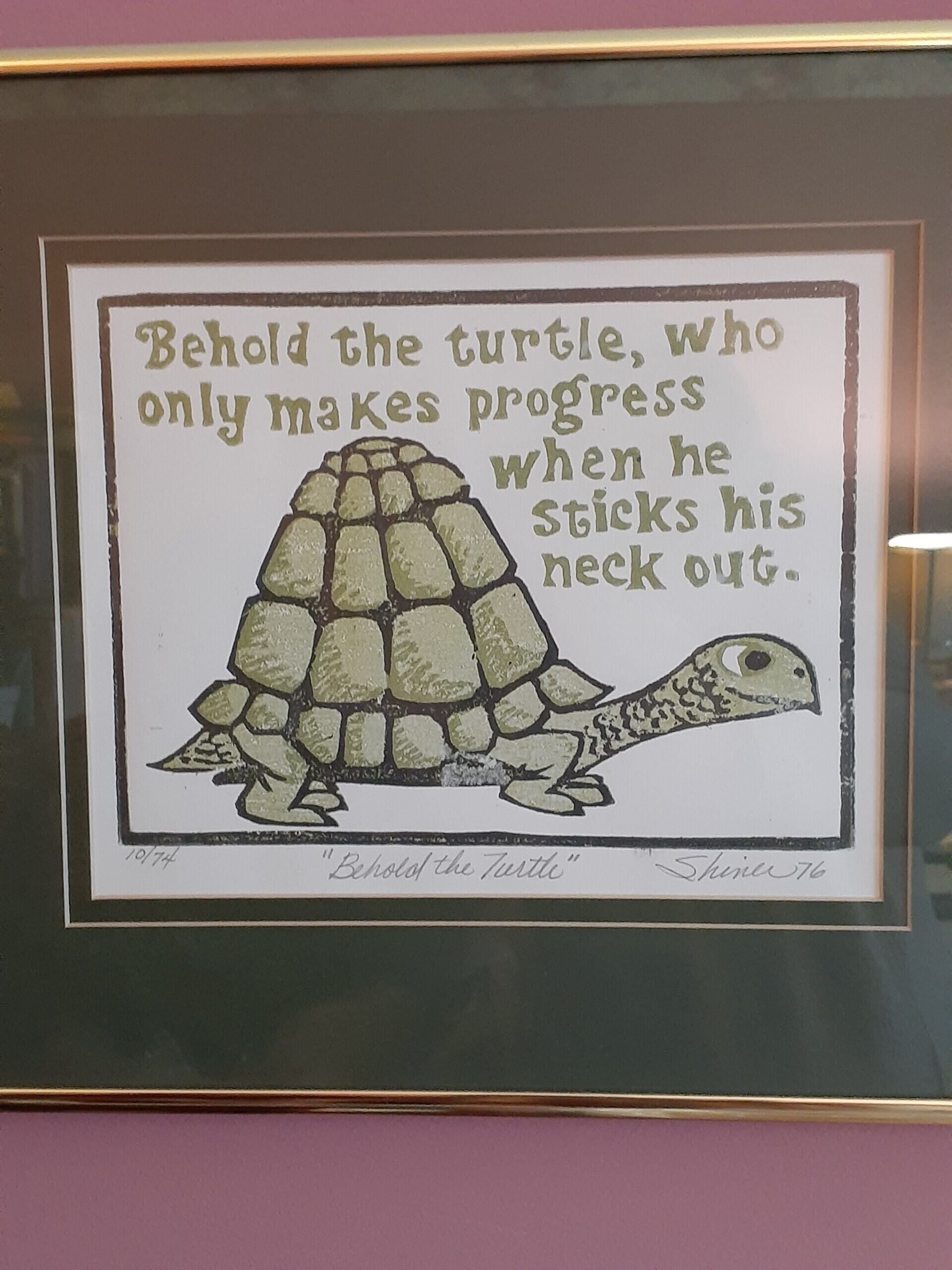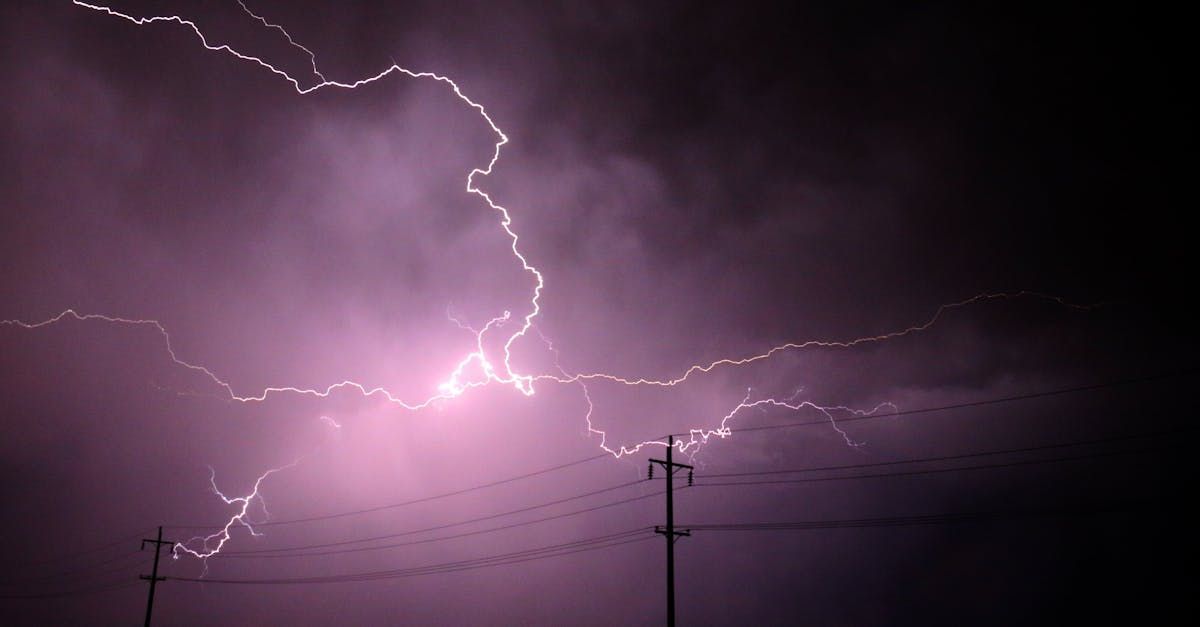“And will not God grant justice to his chosen ones who cry to him day and night?”

Jeremiah 31:27-34
Luke 18:1-8
What do we learn in the story of the widow? In Luke’s way of depicting salvation as a reversal, the widow, who has no advocate and no affluence is seen going up against a powerful judge who isn’t influenced by anything or anyone. Skipping to the end, she gets the justice she seeks, eventually. She gets the reversal, the salvation, she needed to be at peace.
Jesus tells his listeners that we will have extended periods with suffering and rejection, and we will long for the Son of Man (Christ) to bring comfort and change/reversal. And, he says, God will provide justice for the faithful but we have to keep crying out for it day and night.
The Jeremiah passage starts with the word “Someday” indicating there will be a passage of time before God will make things right. The phrase “No longer will sour grapes eaten by parents leave a sour taste in the mouths of their children.” - means there will be no more passing along punishment or scapegoating onto others; but that justice will be meted out appropriately in that day.
Further, “in those days a new agreement will be made with the people of Israel and Judah; God’s laws will be written on our hearts and minds. We will obey God who will forgive our sins. God will forget the evil things we have done.” Let us remember, my friends, that judgement belongs to God. Our job in this human life is to explore, to love, enjoy life and be at peace while being faithful to God. All the while, we are to seek justice and mercy repeatedly for ourselves and for others.
Jeremiah’s contrasting themes of catastrophe and survival, destruction and rebuilding, grief and joy are a fitting counterpoint to the story of the widow in Luke; and there are plenty of stories of women in Jeremiah reflecting society’s treatment of “the gentler sex”. But the adversity of the widow... ah, can we give this poor woman a name?
I did a little research and I’d like to name her “Necha” which means Comfort/Rest from Anguish which seems fitting for this woman’s plight. So Necha is not portrayed as gentle in her reoccurring audience with this judge. Some readings would have her being a real pain in the neck. The judge says she embarrasses him with her constant demands for justice. She persists.
Most interpretations say something about the squeaky wheel that gets the grease. Being a nudge can get us what we want because people just give in so we’ll be quiet and go away. Being persistent pays off. My mother –in-law, God rest her soul, was that woman who wrote letters of complaint if the Time Share wasn’t up to par and; she received “consolations gifts” from the management offices.
What this story shows me, is that Necha, as I named her, knew her own value and what was fair. She didn’t have an inflated sense of justice. Jesus shows her standing up for yourself but not being ugly or over the top seeking revenge. She boldly took her case before a judge even though she was a widow, a person of little status in Jesus’ day. She didn’t lose heart when she had to return over and over to plead her case. She simply honored her own needs for justice. She kept seeking what she needed to be at peace.
I wish that more of us would turn to self reflection to recognize what we really need to have peace within ourselves. I wish that when we’ve been slighted or threatened, we could put ourselves in time out to cool down before acting. It would be good for us to have someone to talk us back from a dangerous ledge. I have friends who’ve done that for me. Too many people are turning to violent acts when they feel put out, as if that solves anything. We, the survivors and witnesses of mass shootings and hate-filled assaults know that violence makes things worse for everyone.
I hear Jesus saying that people of faith need to return, again and again, like Necha to the ONE ’judge’ who can help us find peace. We do this in our prayer time. In that quiet time of reflection and reconnecting with God. When we remember what was said and think about what was done. This is where to turn to hear God’s new covenant message written on our hearts and minds.
We can acknowledge our emotional responses to things that happen to us- for our feelings are real and give us information; then we choose responses born out of God’s love and respect not the visceral responses born out of fear. But, even in the heated moment, heck, we can just have to remember self-discipline to not hurt someone! We’re too stressed and wearing our emotional nerves so close to the surface that we need help to pull back from the edge of evil.
Prayer does that, so let us pray! This is something the church teaches. We encourage peace within and peace among us. I personally seek peace and sacred wisdom from God using yoga, prayer and meditation to do that. Christ Church has renewed the online prayer time on Tuesday mornings via zoom. The info is in the Weekly NET and the bulletin if you’d like to join in. But, whatever outlet you use, I encourage you to keep returning to it. As I told the kids last Sunday, prayer isn’t a one and done thing. There is much to pray about in our hurting world.
________
On Oct 6 (Reuters) in Thailand, a former policeman did the unthinkable. He killed 34 people, including 23 children, during a knife and gun rampage at a daycare center in northeast Thailand. Then he shot dead his own wife and child at home before turning his weapon on himself.
I heard the news on the radio as I drove into work. I was stunned and shocked that someone mercilessly acted out against our babies! I couldn’t breathe as I sat listening in my car! This person took out their frustration and anger or their psychotic rampage on little children between 2-4 years old while they napped in nursery care.
I sat in the sanctuary weeping and wondered why. Why do we let ourselves get overtaken by our anger and so outraged that we enact violence on others? Does it help the situation? Why do we lose our sense of self-discipline and self-care to the point where we harm others? Make no mistake, it does harm to the one who is enacting the brutality as well.
I wonder if we feel that we are SO invisible that no one knows of our emotional pain, no one sees us, that no one notices our hurt, our anger, depression, or frustrations? Do we see the signs of stress and trauma in our friends and family members? And, do we just keep stuffing it down, or learn from Necha’s story - why are we not reaching out to people who can help us? Are we embarrassed about our anger or feelings?
Lest I sound more like a counselor than a pastor, my final question always comes back to the church of Jesus Christ.
I asked Pastor Galen, what is the church supposed to do with this? I truly believe the church is part of the solution. What can we do to help our hurting world? The grieved widow in Luke, shows us how to seek help and honor our own sacred value so that we maintain a good relationship with God and neighbor. Ensuring that we treat others with respect and dignity is important. Teaching this, making opportunities to practice it, will help us live justly together.
The church who follows Jesus Christ, through word and deed, teaches how to honor each other’s lives. First, we begin with faith in a loving God and finding peace within our own heart and mind. Then we extend that to others—living justly together.
—————-
Because she stood up for herself; because Necha kept petitioning this unjust judge (as Jesus identified him); because she kept coming to him, I think the widow understood that living with justice is an important component of self care. The unjust judge is a metaphor for our every day life with it’s daily micro-aggressions, taunts and injustices. Daily self care is grounded in justice. They are reciprocal. Take good care my friends, tend to your woundedness and generate grace and peace for others.
I suggest that those who turn to violence are not doing good self care. When your emotions get the best of you and you act with rage, your whole body and mind are in chaos! Your heart rate shoots up, your blood pressure spikes, and your brain is flooded with adrenaline, the “fight-or-flight” hormone that prepares a person for conflict or danger. We can’t live like that very long without serious consequences, both personally and communally. Good self care involves the self reflection needed for justice. We tend to our own wounds, get the help we need, so we don’t wound others.
Jesus says, come back again and again in prayer seeking what we need for peace. Ask boldly. Seek to have peace within yourself first and then peace between us can happen. Bring yourself back into equilibrium—to live justly.
__________
A modern day version of this seeking justice and equity was reported in the website “Upworthy” on March 10, 2020. Amy Jo Hutchison, a single mother of two living in West Virginia, and a community organizer, spoke before the House of Representatives’ Committee on Oversight and Reform.
Ms. Hutchison wanted them to hear what poverty really looks like for working families. And, she even called them out for being completely out of touch with what it takes for a family to live on noting the political leaders were each budgeted $40,000 a year just for office furniture.
Like the widow, we just named Necha, Ms. Hutchison trusted in the idea of justice and worked through her own angst about appealing to those who had the power to judge her case.
I think also of the women living in Puerto Rico where Hurricane Fiona tore across their homes last month, even while their communities were still rebuilding from Hurricane Maria, now five years past. They are also in need of justice as natural disasters exacerbate hardships suffered by the poor and particularly women heads of households.
Oxfam, a global organization that fights inequality to end poverty and injustice, is holding a webinar this Wednesday at 12:30p. I invite you to listen to their stories and how they are seeking justice from world leaders. The link is in the bulletin, and the WEEKLY NET. These women, like the widow in Jesus’ day are boldly taking responsibility to be sure they and their families are treated with respect and justice as any child of God should be treated.
Peace on earth requires justice. Let us come before God in prayer, as Jesus invites us, repeatedly, individually and communally, to ask for what we need so we can live, explore, love, enjoy life and be at peace while being faithful to God.








